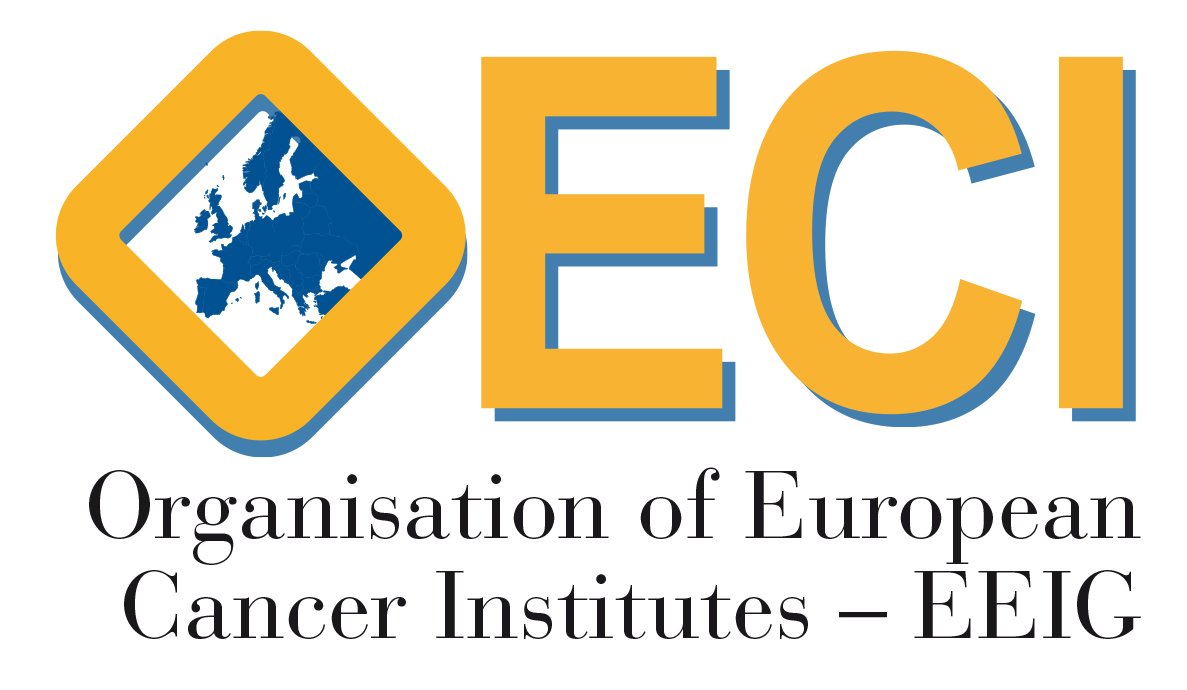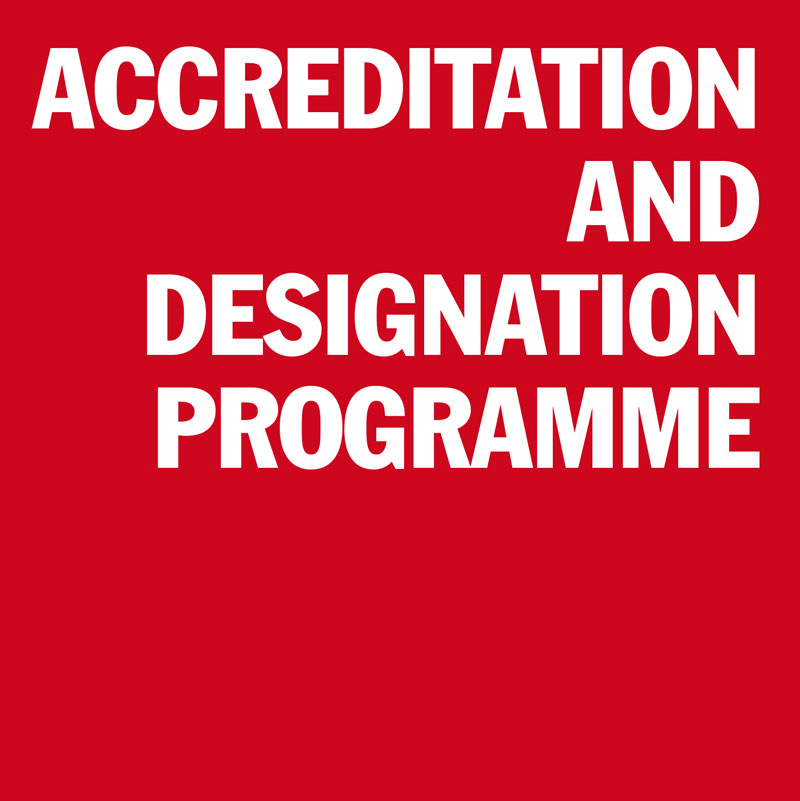The OECI Accreditation – a prestigious certification
An interview with Prof. Wim Van Harten
Oncologieuptodate | 2023 | Number 5
The Organisation of European Cancer Institutes (OECI) has accredited three cancer centres as a "Comprehensive Cancer Centre" in the Netherlands so far, while several others are currently going through the accreditation process.
Last year, UMC Groningen was the third cancer centre in the Netherlands to be accredited as an OECI Comprehensive Cancer Centre – alongside Antoni van Leeuwenhoek in Amsterdam and Maastricht UMC+ Comprehensive Cancer Centre – becoming part of a select group of leading European cancer centres.
Prof. Wim van Harten, member of the OECI Accreditation and Designation Board and Chairman of the Board of Directors of Rijnstate in Arnhem, explains why the OECI accreditation is highly valuable.
"OECI is an organisation of European cancer centres founded in 1979 to provide patients equal access to high quality cancer care through cooperation and knowledge exchange.
OECI aims to drive quality improvement in cancer care through the Accreditation and Designation Programme.
In principle, any healthcare institution which delivers cancer care may become an OECI Member, provided that cancer care is substantial and constitutes a significant part of the services it offers. For instance, a dermatology clinic would be unlikely to become a member, and it is the OECI Membership that decides on the admission of new members via a democratic voting system.”
In the Netherlands, almost all the university hospitals, as well as Antoni van Leeuwenhoek are OECI Full Members. This is also the case for Rijnstate, which is a teaching hospital. On the other hand, IKNL (a national support structure for cancer services and a national cancer registry) is an OECI Associate Member.
Van Harten continues: "OECI launched its Accreditation and Designation Programme around twenty years ago to improve quality in cancer care for its members. I have personally been part of the Programme since 2005, as a member of the Accreditation and Designation Board.
In order to be accredited by OECI, a centre must meet a set of standards, which are laid out in a comprehensive handbook – the OECI A&D Manual. The domains of the OECI standards include, among others, multidisciplinarity, treatment, research, patient involvement, as well as education and training.
OECI distinguishes two types of designations. An OECI Comprehensive Cancer Centre integrates high quality of care and research; an OECI Cancer Centre delivers comprehensive and multidisciplinary cancer care, but it does not have a strong research arm.
In addition, OECI has recently developed a set of standards for networks. An OECI Comprehensive Cancer Network must contain at least an OECI Cancer Centre or Comprehensive Cancer Centre. In the Netherlands, OncoZON is currently piloting this new set of criteria in order to be certified as a Comprehensive Cancer Network.”
This brings us to the question: why would a cancer centre or network want to be accredited by OECI?
"The accreditation process usually lasts more than a year, and it is a strong incentive for a centre to better understand the quality of its organisational processes, care pathways and their actual implementation. The final result is an improvement plan that helps the centre to further enhance the quality of its organisation and cancer care.
OECI also places high emphasis on governance and policy-making. Especially when the cancer center is part of a larger hospital, there must be a clear distinction between who is responsible for policy, who carries out investments, how much money can be spent by the centre, and so on.
Finally, the OECI standards also tackle multidisciplinarity, patient engagement and end-of-life care. The way in which a centre records treatment outcomes, evaluates them periodically and improves care, as a result, is equally important.
It is evident from these criteria that the OECI accreditation is not management- or structure-based. It is content-oriented and developed in close cooperation with oncology professionals.
We have noticed that the recommendations made by the A&D Board are highly appreciated. The OECI accreditation is being increasingly perceived as a prestigious certification.
In some countries – as is the case in Italy, for example - the OECI accreditation is a prerequisite to obtain government research funding. In addition, more and more OECI designated Comprehensive Cancer Centres are involved in- and awarded European grants for cancer research.
My own centre – Rijnstate – is now in the accreditation process to become an OECI Cancer Centre. This was not an initiative of the Board, but of the doctors and nurses in the cancer centre itself, which is great. Firstly because, as I have mentioned, it improves the quality of our cancer care. In addition, of course - I will not deny it - because being awarded with an OECI accreditation elevates the image of our centre."
Prof Wim H. van Harten MD PhDCEO Rijnstate Hopsital, Arnhem The NetherlandsResearch Group Leader NKI Amsterdam The NetherlandsMember OECI A&D Board
➡️ Click here to read original article [in Dutch]
➡️ Click here to go to Magazine


